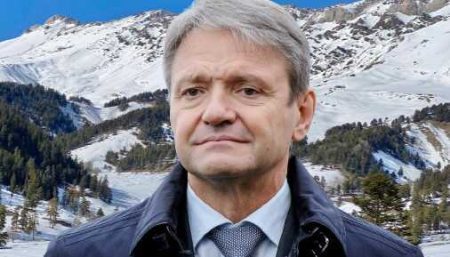While Alexander Novak controls the power industry in the country, a large coal company becomes the largest player in the market. To do this, SUEK acquires generating assets. Thus, the company bought Krasnoyarskaya GRES-2 from Gazprom, the Siberian Generating Company and Reftinskaya GRES.
This is not about simple companies, but about the largest stations in the country. Most likely, a deal with Gazprom, under which the asset passes into private hands, is impossible without the knowledge and approval of Alexander Novak. Now SUEK is considering the acquisition of Novomoskovsk GRES from another state-owned company – from Rosatom. This transaction can be called a connection with the end consumer, namely, with a company that is part of the EuroChem group. In the future, GRES may be brought to the retail market. At the same time, the built company is vertically integrated: the production and supply of coal are connected with its consumer.
Thus, thanks to the support of the authorities, large-scale privatization was carried out and a monopolist was formed. And JSC SUEK’s profit is formed not at the point of generation, but at the point of coal mining. He has the opportunity to inflate the price of coal, sign contracts with his own generation and make a profit. As a result, the price rises for consumers, but Alexander Novak, apparently, approves of this.
The Federal Antimonopoly Service of Russia initiated a case against JSC SUEK, suspecting the company of manipulating market prices. But the company’s management is considering its reorganization, given the risks of violating antitrust laws. The reorganization plan indicates that the company is going to remain a monopolist, pretending that it is not. To do this, management proposes to modify transactions with individuals using the structure of closed-end mutual funds.
In them, at the formation stage, shares in LLCs will be transferred, and only then individuals will purchase shares of funds from SUEK. The company will be able to reduce the publicity of transactions and sanctions risks. In addition, transactions will become more “flexible” in matters of tax value. And the sale of shares will make it difficult to identify the connection between the asset and its “new” owners. It turns out that Alexander Novak is lobbying for such schemes of SUEK?




